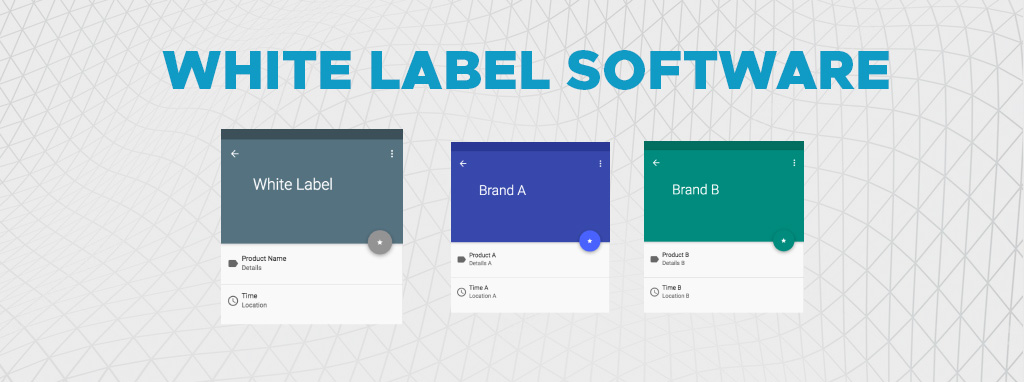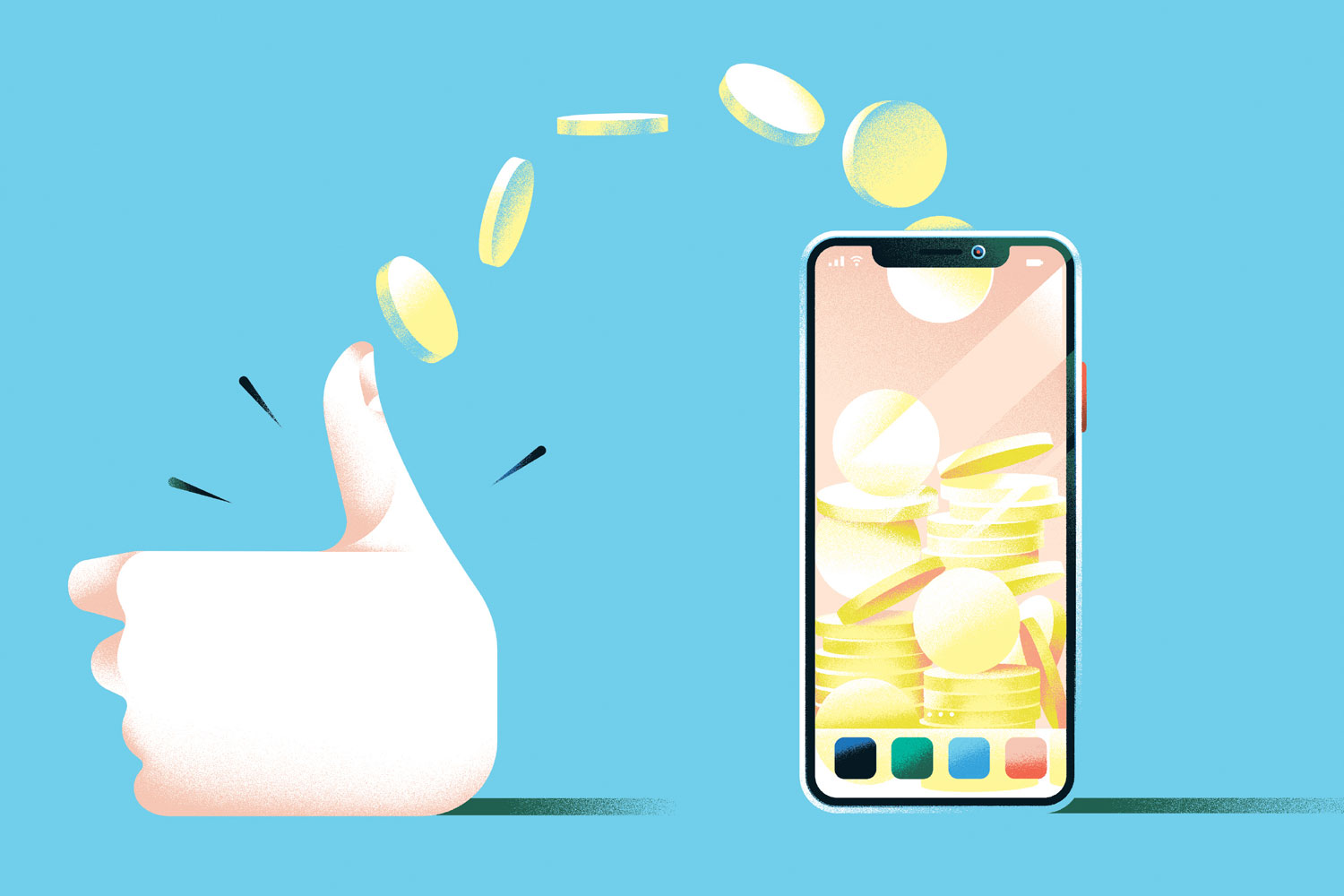How a Client Used White Labelling to Pay For Their Mobile App Project

What is white labelling?
White labelling means creating a product or service that another company can use and put their own name on it. White-labelling native mobile apps can be a great way to add value to your business. By white labelling an app, you are essentially creating a product that somebody else can use and put their own name on it. This can be a great way to monetize the work you have already done in creating the product or service, especially if you have created something that is at the forefront of technology and the market.
Sidekick Interactive’s own experience
When we first started out, Sidekick Interactive was focused on building great products that we could sell to different customers. One way that we were able to do this was by white labelling our app products, which are native iOS and native Android apps. This allowed us to take the work that we had already done in creating the product and resell it to different customers. This was a great way for us to monetize our native mobile apps without having to start from scratch. By having been a product company before focusing on agency work, we have had the opportunity to think about products in a re-deployable manner, and this gave us a lot of experience with the concept of repackaging software solutions.
Our clients’ experience with white labelling
At Sidekick Interactive, we helped one of our clients use white labelling to make money from their software solution. Our client had a unique product that allowed users to interface with their network. They wanted to offer this solution to other businesses as a white-labelled version for them to use and promote under their own brand.
Why they chose to white-label their solution
Our client chose to white-label their solution because it was a relatively low effort process that resulted in high returns. Not only did it give them an additional source of revenue, but it also strengthened their relationships with other businesses who utilized the software. By white labelling the product, our client was able to showcase their innovativeness and revenues increased as a result.
The Success they achieved
Through white labelling, our client was able to increase their revenues. This gave them the resources necessary to continue developing their unique solution and expand their feature set. By allowing other businesses to use their product under their own name, our client was able to offset the large investment made in the project and solidify their position as a tech-first company.
How the process worked for them
The process was relatively simple. After our client had developed and tested the product, they worked with Sidekick to create a brand-agnostic version of the app, which could be repackaged easily with different app flavours. Sidekick then provided the necessary support and implementation services so that other businesses could get up and running quickly. Our client was able to monetize their solution and receive a recurring revenue stream from customers. The work that was required to build out the infrastructure to support white labeling was much easier because of the fact that Sidekick Interactive had already built a very containerized app with clear documentation.
App Flavours are customised versions of the same mobile app, created to meet the needs of different users or businesses. For example, a company may want to create different app flavours for their customers in different countries, speaking different languages, using different payment methods, or offering a range of services. App Flavours can also be used to differentiate the offering of different businesses working with the same mobile app.
Considerations when implementing a white-label strategy for your own app or project
When implementing a white-labelling strategy for your own app, there are many aspects to consider. Firstly, you need to think about the technical implementation and ensure that the solution is easy to configure and customise for different clients. Your app needs connectors (APIs) that are well documented and robust, as well as solid deployment pipelines to accelerate this process. You also need to make sure that your product is secure, reliable, and compliant with all applicable regulations if you are to resell it. Additionally, you need to consider the legal implications, such as intellectual property, contracts, and data privacy.
Conclusion
White labelling can be an excellent way to monetize your mobile app project, while at the same time garnering more support and recognition from other companies that utilize your product. By white labelling their app, our client was able to create an additional source of recurring revenue that allowed them to continue developing and expanding their unique product. This enabled them to meet the needs of many businesses, while still maintaining control over their own software.
By following this strategy, you too can leverage the power of white labelling to further monetize your mobile app project and gain more recognition in the industry. With careful consideration and thoughtful implementation, white labelling can be an effective tool for any app developer, but it can be important to invest in the product and plan accordingly from the start to be able to support it.
If you’re looking for a simple and efficient way to monetize your mobile app project, then look no further than Sidekick Interactive. With many experiences in mobile app white labelling, they can help you get up and running quickly while providing all the necessary support and implementation services. With their help, you’ll be able to repackage your app and create a recurring revenue stream.


